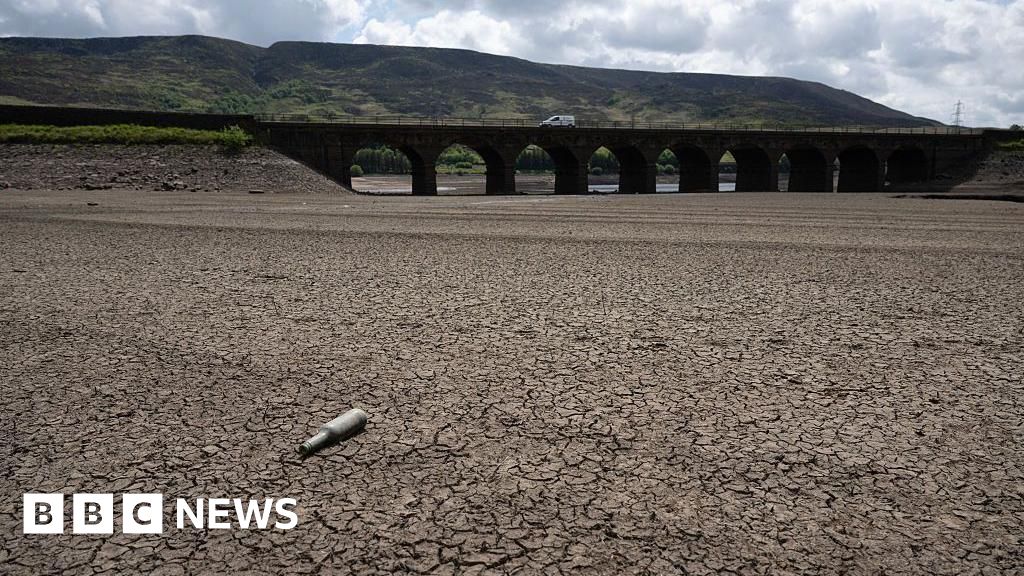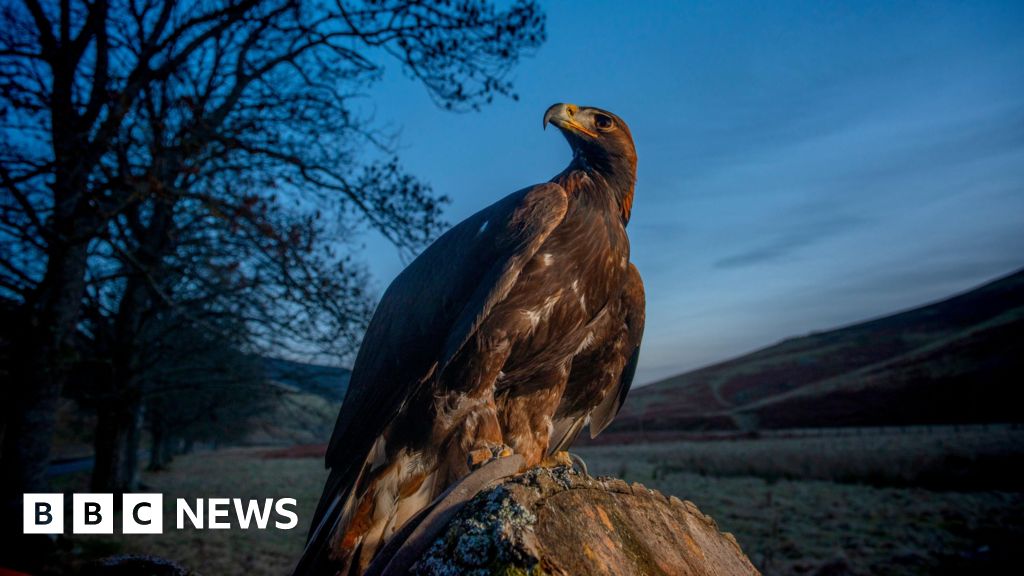ARTICLE AD BOX
The world’s top court has begun hearing evidence in a significant case that may clarify the legal responsibilities of governments in relation to climate change.
The International Court of Justice (ICJ) in The Hague will hear testimony from nearly 100 countries including Vanuatu, the Pacific island nation that initiated the effort to get a legal opinion.
The hearing will attempt to answer key questions as to what countries should do to fight climate change and, critically, what should they do to repair damages linked to rising temperatures.
While the outcome is not legally binding, it could give extra weight to climate change lawsuits all over the world.
The idea to get the court to issue a legal opinion was originally proposed by law students in Fiji five years ago.
It was then taken up by Vanuatu, an island nation with bitter experience of the impacts of rising temperatures and sea levels.
Last year, around 80% of the population were directly impacted by a double cyclone.
The extent of the damage prompted the government to declare a six-month state of emergency.
Under pressure from Vanuatu and many other nations, the UN General Assembly referred two important climate questions to the international judges of the ICJ.
These relate to the obligations that countries have under international law to protect the Earth's climate system from polluting greenhouse gas emissions.
But they also asked the court to rule on the legal consequences of these obligations in cases where states "by their acts and omissions, have caused significant harm to the climate system and other parts of the environment."
Vanuatu will be the first country to give evidence at today’s hearing in the Netherlands.
"We are on the frontline of climate change impact," said Ralph Regenvanu, Vanuautu’s special envoy, told journalists ahead of the hearing.
"Our call for an advisory opinion from the ICJ on climate change is at a pivotal moment... one that sets clear the international legal obligations for climate action.”
While the decision of the court is non-binding, the outcome could be used in other legal cases where small island states are seeking financial recompense from the developed world over the loss and damage they have suffered as a result of historic emissions of planet warming gases.
The court case comes just a week after the end of the COP29 climate summit in Azerbaijan.
The decision taken there by the richer world to provide $300bn a year in climate finance by 2035 provoked anger among developing nations who argued it was completely insufficient for their needs.
In the Hague, the court will also hear from a range of countries including the US and China, as well as representatives of the oil producing group OPEC.
The hearings will last until December 13 with the court’s opinion expected in 2025.

 5 months ago
37
5 months ago
37








 English (US) ·
English (US) ·